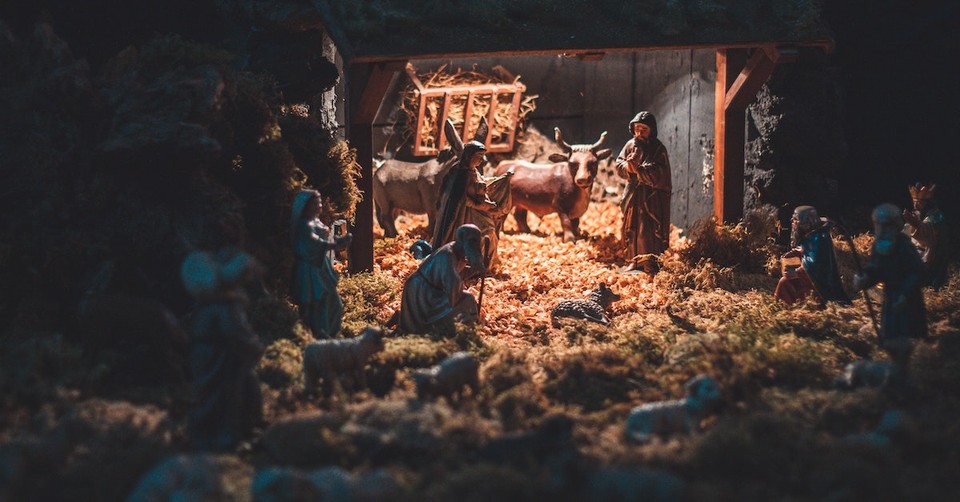Want to know what God did after the time of the Old Testament prophets? So would we! God remains silent for 400 years until the birth of Jesus. During this 400-year period, a number of nations overtake Israel. Israel successfully rebels against some (i.e. the Maccabean revolt) but by the time Jesus arrives, Romans had occupied Israel.
Similar to their 400 years in Egypt, the Israelites wanted a Savior. No wonder they clamored for Jesus to topple Rome, just as the Red Sea had toppled the Egyptians.
4. Joseph Could Have Had Mary Killed for Adultery
In Christian circles now, if adultery occurs, most likely the couple will divorce. But according to Old Testament practices (Leviticus 20:10) if someone committed adultery, this could get them killed.
Joseph, when he discovers Mary’s pregnancy, decides to attempt to divorce her quietly instead of sentencing her to death. Thankfully, an angel appears to him and explains Jesus’ true identity. As we witness in the above sections, Joseph proceeds with his marriage to Mary, no matter how much it will tarnish his reputation.
5. Jesus Was Probably Not Born in December
“Then why do we celebrate Christmas in December?” We can thank Emperor Constantine for that in the fourth century. Many times Christians would hold holidays during the same times as pagan festivals for a wholesome alternative. In this case, Christmas occurred during the winter solstice.
While Christmas has been celebrated on December 25 for nearly 1700 years, Jesus was not actually born in December. In fact, he was not born in winter at all! In the year 336 AD Emperor Constantine established Christmas to be on the winter solstice, which is December 25.
However, Jesus most likely had a spring birth, thanks to the mention in Luke 2 of shepherds abiding in their fields. During springtime, sheep gave birth to lambs, hence why they would stay out at night as well in case a night birth occurred.
But we cannot say for sure exactly when Jesus’ birth happened, as shepherds did stay out in the fields year-round.








